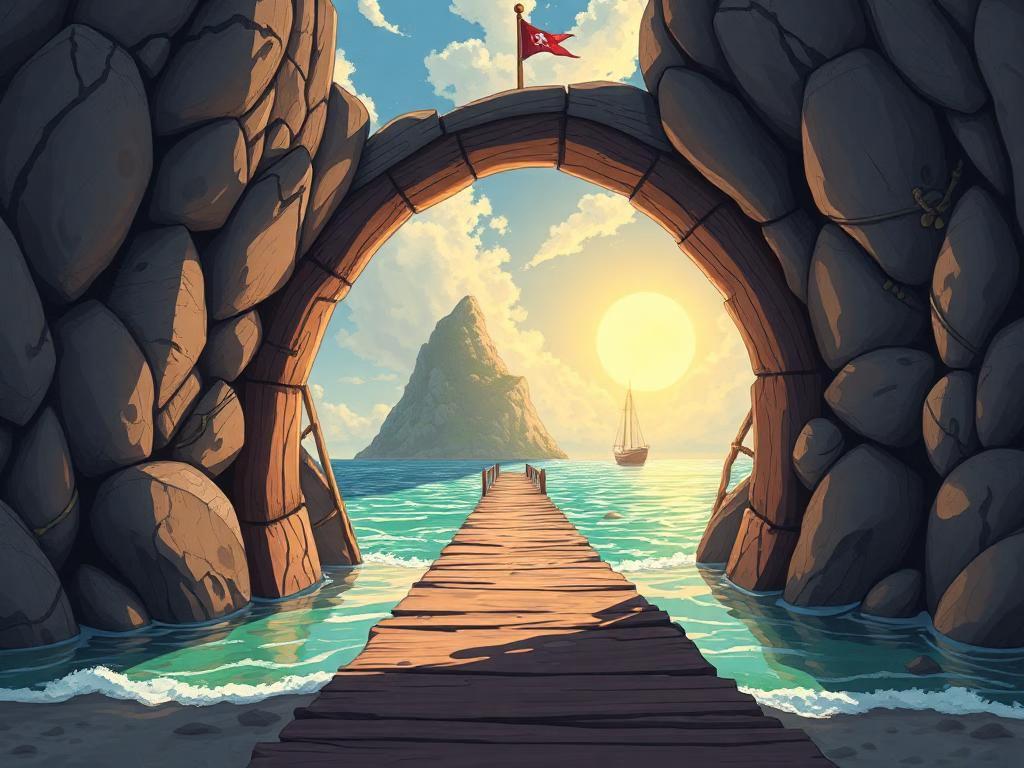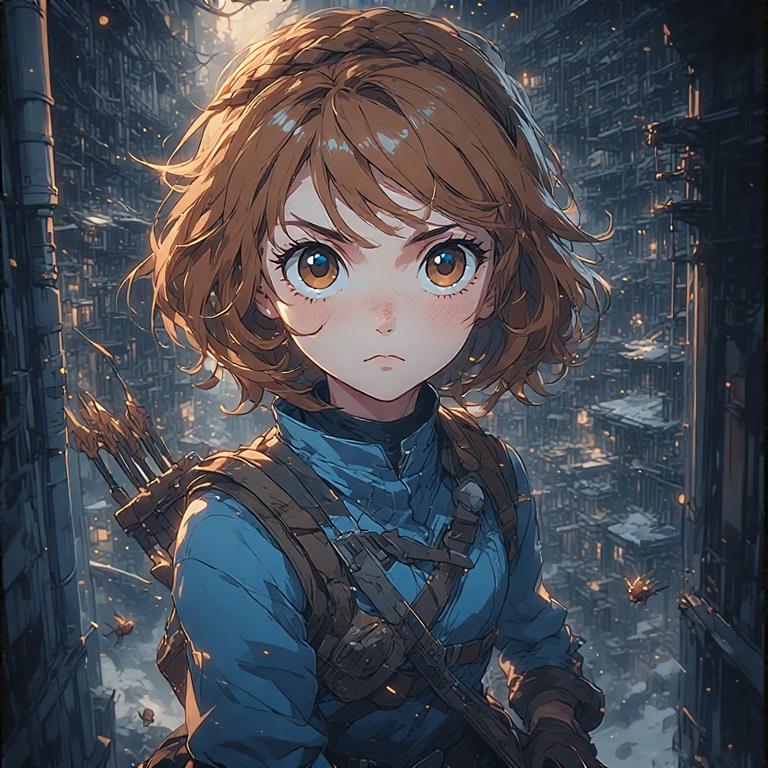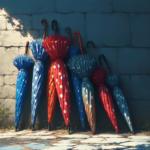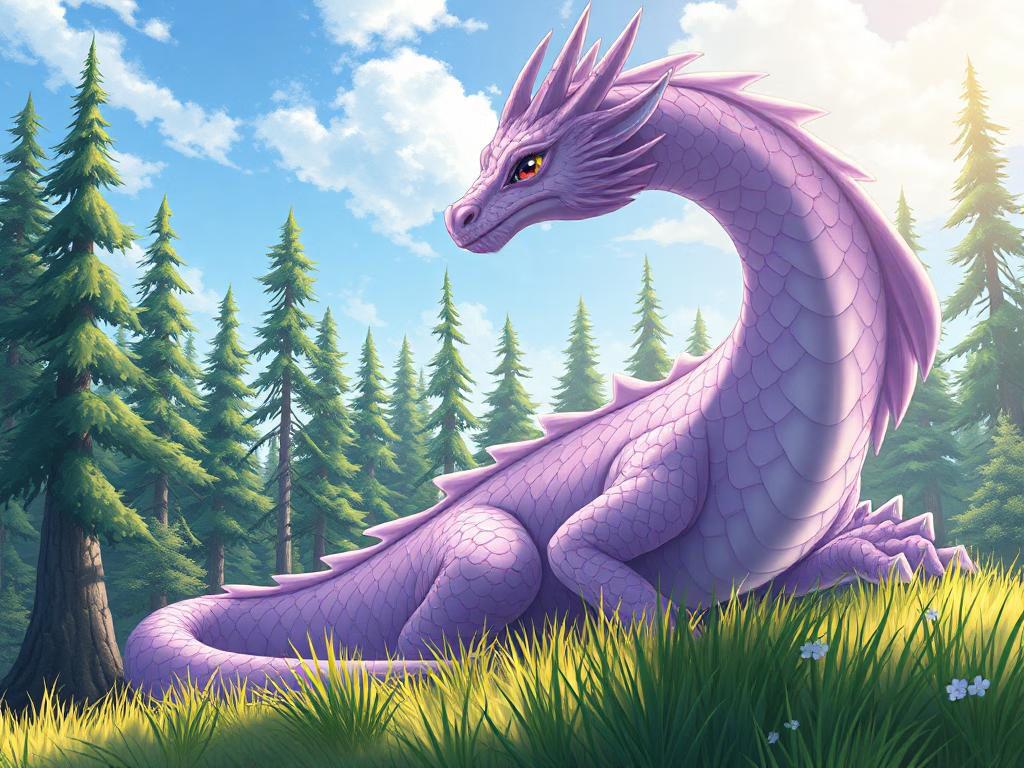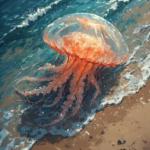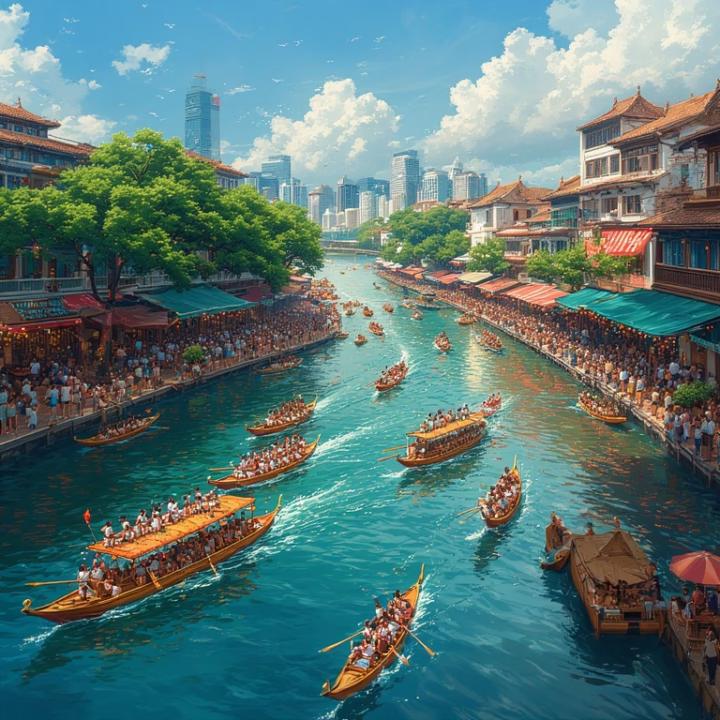
1. The Last Stroke
Rain fell in slanted sheets over the Penang Strait, turning the dragon boat’s lacquered hull into a slick black mirror. The water churned like a pot left too long on the flame, and the oars bit down with less certainty than usual.
At the bow, Eddy gripped his paddle like a lifeline, muscles burning, lungs raw with salt and effort. His stroke was still strong—one, two, one, two—but the rhythm had frayed. They were a second behind. Then two. Then three.
“Stay in sync!” he shouted, voice cracking over the wind.
No one answered.
They crossed the finish line last. Again.
The other teams erupted in cheers, slapping shoulders, hoisting their drummers into the air. The Penang Youth Dragon Boat team just sat there, slumped in their seats, rain washing over their silence like a slow eraser.
Coach Lee didn’t say a word as they dragged the boat ashore. He just handed each of them a towel and walked away, shoulders hunched beneath a faded team jacket that had once been bright red.
Eddy stayed behind, untying the ropes with stiff fingers. He ran a hand along the dragon’s head—its eyes, once fierce, now chipped and dull.
“We’re not even a team anymore,” he muttered.
Anna — no relation to the coach, though everyone assumed—was the last to leave the water. She stood barefoot on the dock, her dark hair plastered to her neck, watching him.
“We are,” she said. “As long as we don’t stop showing up.”
Eddy laughed, bitter. “Showing up doesn’t pay for fuel. Or new paddles. Or insurance. The club’s closing, Anna. You heard the notice. No sponsors, no results—no reason to keep us around.”
She stepped closer, rain dripping from her lashes. “Then we give them a reason.”
He looked at her. “How?”
“We sell pulut panggang.”
Eddy blinked. “What?”
“My grandmother’s recipe. We make it. We sell it. Along Weld Quay. Every morning. Every evening. Until we have enough.”
“You’re serious.”
“Dead serious.” She folded her arms. “You think the boat’s the only thing that carries us? It’s the rhythm. The trust. The us. So if the boat’s sinking, we build a new one. One sticky rice packet at a time.”
Eddy stared at her, then back at the dragon boat, half-covered by a tarp now, looking more like a coffin than a vessel.
And for the first time in weeks, something flickered in his chest.
Not hope. Not yet.
But the shadow of it.
2. The First Packet
They started in Anna’s grandmother’s kitchen.
The house was a narrow shophouse tucked behind Chulia Street, its walls yellowed with age, ceiling fans spinning like tired thoughts. The air was thick with coconut, palm sugar, and the ghost of decades of cooking.
Grandma didn’t speak much. She watched them with sharp eyes as they washed banana leaves, soaked glutinous rice, mixed in shredded coconut and salted egg.
“This isn’t a business,” she said finally, stirring the pot with a wooden spoon. “It’s a test.”
“A test of what?” Eddy asked, wiping sweat from his brow.
“Of whether you care enough.”
Anna didn’t flinch. “We do.”
By dawn, they had fifty packets wrapped tight in banana leaves, tied with raffia string. They packed them into insulated baskets and cycled down to Weld Quay, where the morning market was just waking up.
Eddy had never felt so exposed.
They set up a small table under a faded umbrella, hand-painted sign reading: PULUT PANGGANG – RM3. HOMEMADE. WARM. WORTH IT.
First hour: three sales.
Second hour: one.
By noon, the sun was a hammer, and the rice was cooling.
“We look like fools,” Eddy muttered, slumped on a crate.
Anna wiped her hands on her apron. “We look like kids trying. That’s not nothing.”
Then an old man in a singlet stopped, sniffed the air, and said, “That smell… my mother used to make that.”
He bought two.
Then a tourist couple, drawn by the banana leaf smoke. Then a fishmonger from the wet market.
By evening, they’d sold out.
They counted the money on the dock, under the dim glow of a streetlamp.
RM157.
Not enough. But a start.
Eddy looked at Anna. “You think Grandma was right?”
Anna smiled. “I know she was.”
3. The Crew Returns
Word spread.
Not fast. Not loud. But steady.
Like the tide.
Raj came back first—lanky, sarcastic, always late, but with the strongest arms on the team. He showed up with a thermos of coffee and said, “If I have to eat sticky rice for breakfast, lunch, and dinner, I’m at least drinking something good.”
Then Mei Ling, quiet and precise, arrived with a stack of neatly printed flyers. “I redesigned the sign. And made a QR code for online orders.”
Then Zain, the youngest, barely sixteen, who’d been kicked off the team for missing practice after his father got sick. He didn’t say much. Just started folding banana leaves.
And one by one, the others trickled back.
Not because they believed they’d save the team.
But because they missed each other.
They took turns cooking, selling, rowing at dawn before the heat. They argued over recipes (more coconut? less salt?), over shifts, over whose turn it was to clean the pots.
But every evening, they sat together on the dock, eating leftover pulut, watching the lights of the city blink on across the water.
And for the first time in months, the dragon boat wasn’t just wood and paint.
It was theirs.
4. The Burn
It happened on a Tuesday.
The charcoal stove flared too high. A banana leaf caught fire. In seconds, the corner of their stall was ablaze.
They doused it with water, coughing, hearts pounding. But half the rice was ruined.
Worse—their cash box, left open, got soaked. RM200, gone.
Eddy kicked the charred basket. “We’re never going to make it.”
Anna didn’t answer. She just knelt in the wet mess, picking up unburnt packets, one by one.
That night, she didn’t come to the dock.
Eddy found her the next morning in the kitchen, eyes red, stirring the pot in silence.
“I thought we were past this,” he said softly.
“We’re not,” she said. “We’re still losing.”
He exhaled. Then sat beside her. “Then why keep going?”
She looked at him. “Because if we stop, it means the fire won.”
He stared at the simmering pot. The scent of coconut and rice filled the room, warm and familiar.
“Then we rebuild,” he said. “Better. Stronger.”
Anna gave a small nod. “With fireproof banana leaves?”
He almost smiled. “If we have to.”
5. The Rhythm
They built a new cart—wooden, painted red and gold, with a dragon’s tail curling around the side. Zain’s older brother, a welder, helped reinforce the frame. Mei Ling added a little chalkboard menu. Raj painted a slogan: PULUT PANGGANG – ROW HARD, EAT HARDER.
Sales climbed.
They started delivering to nearby shops. A café owner let them set up outside in exchange for ten packets a day. Tourists took photos. Locals began to recognize them—the “dragon boat kids.”
One evening, an elderly woman handed Anna a folded note with her payment.
Inside: RM100, and a message in neat handwriting.
My son rowed in 1978. He never made it to the finals. But he came home smiling. Keep going.
Anna read it once. Then again. Then tucked it into the pocket of her apray—over her heart.
They weren’t just selling rice.
They were selling memory.
Belonging.
A chance.
Eddy began to notice how the older women smiled when they saw the banana leaves. How the fishermen paused their cards games just to nod at them. How even the stray dogs seemed to follow their cart like loyal mascots.
This wasn’t just about saving a team.
It was about feeding a community that had fed them, in ways they’d never noticed.
6. The Storm
The real test came with the rains.
Not just drizzle, but monsoon fury—sky splitting open, streets turning to rivers.
For three days, they couldn’t sell a single packet.
Then the notice came.
The Penang River Festival—the annual dragon boat race—was still on. But registration closed in two days. Entry fee: RM800.
“We’re close,” Mei Ling said, spreading their ledger on the table. “But not that close.”
Eddy stared at the number. “We’re short half.”
Silence.
Then Zain spoke up. “My father… he’s better now. He said… he’d help. If you’ll let him.”
Everyone turned.
Zain rarely talked about his family.
Eddy hesitated. “You don’t have to—”
“I want to,” Zain said, voice firm. “This team saved me. Let me save it back.”
Others nodded. Raj offered his bike for extra deliveries. Mei Ling said she’d design a limited-edition “Race Pack” to boost sales.
Anna looked around the room. “Then we row through the storm.”
7. The Final Push
They worked like possessed things.
Dawn to dusk.
Cooking, selling, cycling through flooded alleys, shouting over thunder.
Anna’s grandmother came down to the stall one morning, unannounced. She didn’t say a word. Just took over the pot, adjusted the salt, and handed Eddy a new batch of banana leaves—thicker, fire-resistant.
“Family recipe,” she said. “Now family business.”
On the last day, they stood at RM793.
Seven short.
Then a little girl in a yellow raincoat approached, clutching coins in her palm.
“My mummy said you’re the nice boat kids,” she said. “I want one. For my grandpa. He likes sticky things.”
They gave her two.
And when she left, they counted the coins again.
RM800.
Exact.
No one spoke.
Then Raj laughed. “Well. I guess we’re racing.”
Anna closed her eyes. A single tear slipped down her cheek, lost in the rain.
They had done it.
Not with luck. Not with miracles.
But with hands that ached, voices that cracked, and hearts that refused to quit.
8. The Race
The morning of the festival dawned clear.
The strait glittered. The air buzzed with drums, shouts, the slap of water.
Other teams wore sleek uniforms, polished boats, professional coaches.
The Penang Youth team rowed out in mismatched shirts, their dragon boat repainted with love but still scarred.
Eddy sat at the front, heart pounding.
Anna at stroke, setting the rhythm.
They weren’t the fastest. Not at first.
But they were together.
When the drumbeat faltered, they didn’t panic. They listened. Adjusted. Found the groove again.
At the halfway mark, they were fifth.
Then fourth.
Then third.
The crowd roared.
On the final stretch, Eddy’s arms screamed. His breath came in gasps.
But Anna’s voice cut through the noise.
“One… two… one… two…”
Steady.
Strong.
True.
They crossed the line in second place.
Not first.
But seen.
Cheered.
Respected.
Afterward, a local news crew approached.
“Why do you keep going, even when no one believed in you?” the reporter asked.
Anna looked at Eddy. He looked at the team.
Then she said, “Because sometimes, the most important race isn’t the one to the finish line.
It’s the one back to each other.”
9. The Offering
They didn’t win the trophy.
But they won something better.
Sponsors reached out. A community fund was started. The club was saved.
But on the last evening of the festival, the team returned to Weld Quay.
They lit a small lantern.
Wrapped a single packet of pulut panggang in fresh banana leaf.
And placed it gently on the water, letting the current carry it toward the strait.
For those who came before.
For those who never got a chance.
For the ones who believed in second chances before they knew the word.
Eddy watched it drift, glowing in the dark.
Anna stood beside him.
“We’re not done,” she said.
He smiled. “I know.”
Somewhere, a drumbeat echoed.
And the city, for once, felt like it was breathing with them.
Epilogue
Months later, the Penang Youth Dragon Boat team stood on the podium.
Gold.
First place.
But when the cameras turned to them, they didn’t reach for the trophy first.
They reached for each other.
And somewhere, in a quiet kitchen behind Chulia Street, an old woman stirred a pot of coconut rice, smiled, and whispered,
“They passed the test.”
